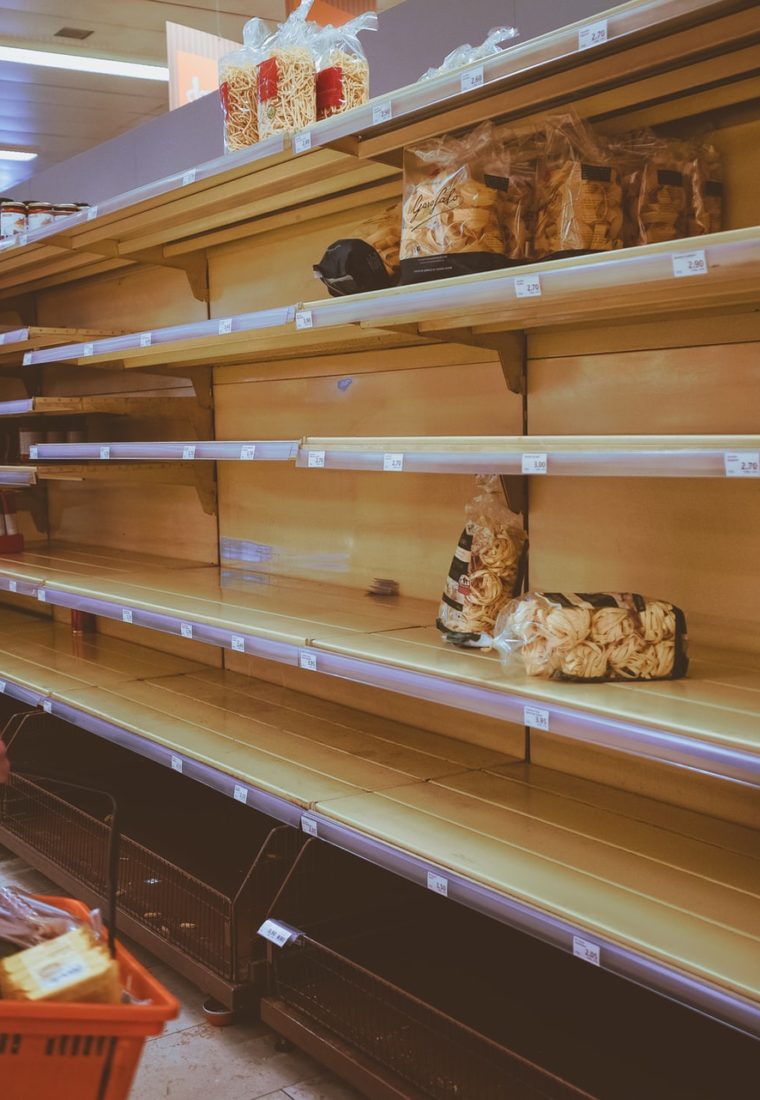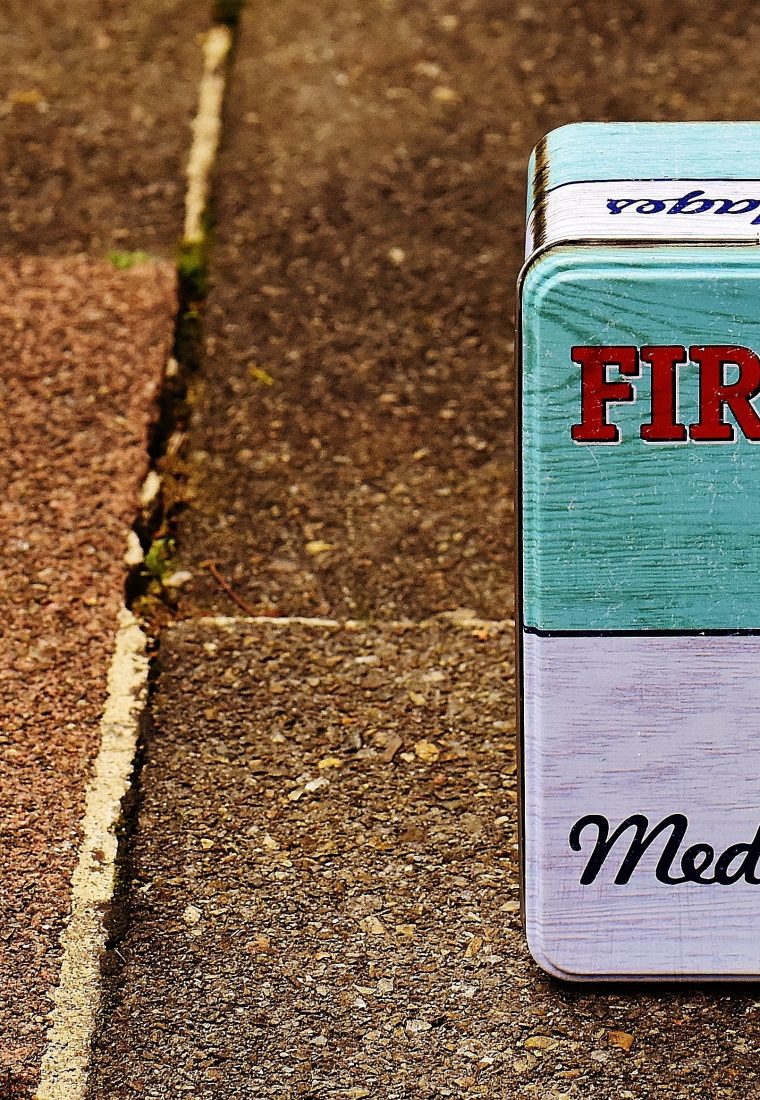Supplies to Have Enough of While Quarantined
Being prepared and proactive is best in the event of any emergency, not just a Coronavirus quarantine. As a global community, it’s important to share helpful information to help manage our lives through this uncertain time. In the spirit of helpful sharing, here is a list of Supplies to Have Enough of While Quarantined.
Medications

If you or your family members take any prescription medications, stock up now. Try to have at least a 30-day supply on hand if possible. Even if you use mostly natural remedies (like fire cider or lemon honey cough drops), it’s helpful to have some over the counter (OTC) medications for symptoms like high fevers. Check your medicine cabinet for these commonly used medications: ibuprofen (Advil), acetaminophen (Tylenol), cough medication, cold medicine, and the pink stuff (you know, Pepto Bismol). It’s best to have these all now just in case they’re difficult to get later.
Food

Homesteaders often already have preserved foods and essentials on hand. Even gardens are getting started for the year. But, is it enough? Assess your pantry for these basic (and some not so basic) food staples:
- Dried foods (rice, pasta, beans, oats, cereal, nuts, fruits)
- Canned and dried meats (tuna, salmon, chicken, jerky)
- High-protein meat alternatives (tofu, chickpeas, lentils)
- Baking ingredients (flour, baking soda, baking powder, sugar)
- Dairy and/or non-dairy alternatives (milk, cheese, yogurt, almond milk, coconut milk)
- Comfort food (chocolate, candy, snacks, coffee)
- Livestock feed and pet food
Emergency Supplies

Currently, there are no signs of power outages or water shortages. Even so, first aid and emergency supplies are always a must in any home at any time. From band-aids to flashlights, it never hurts to have these items in a central location in your home. Sterilize any unused glass bottles, fill with boiled water and store away. If you have any empty mason jars, you might as well put them to good use. Water is the most important resource, so it’s a must – even if it’s just in case.
This isn’t an exhaustive list since different families have varying needs. For example, be sure to include items unique to dietary restrictions in your family. Now, take a deep breath. Panic and fear are not helpful during the Coronavirus pandemic. Checking to make sure you have these items mean you’re taking proactive measures to protect yourself and your families. Stay safe and I hope this guide for Supplies to Have Enough of While Quarantined was helpful.

